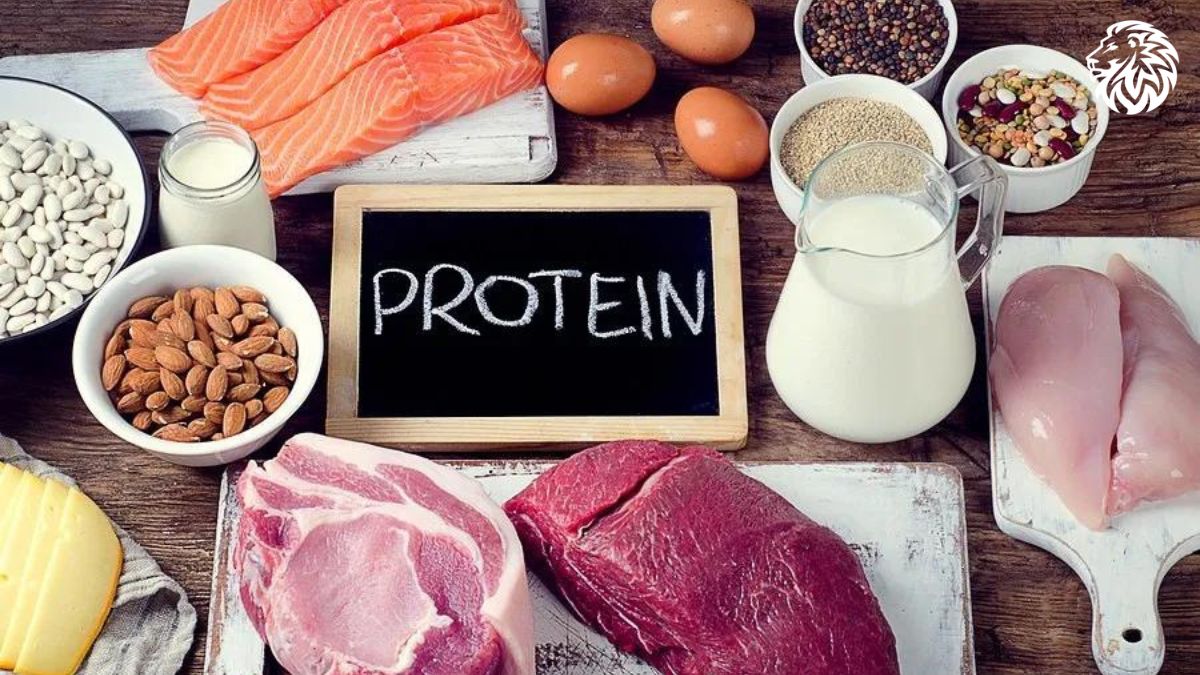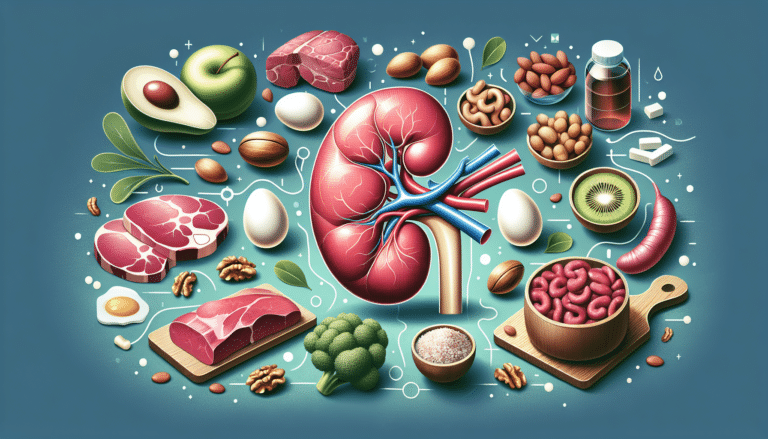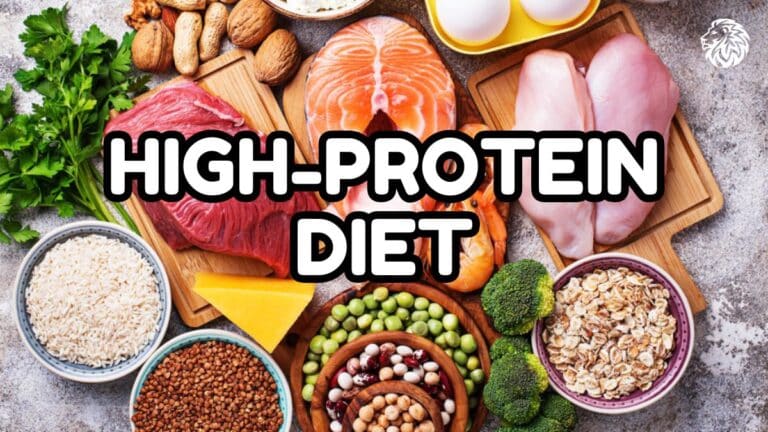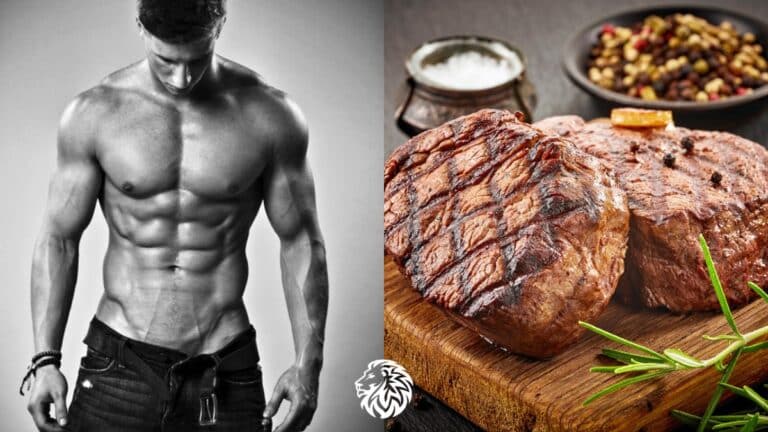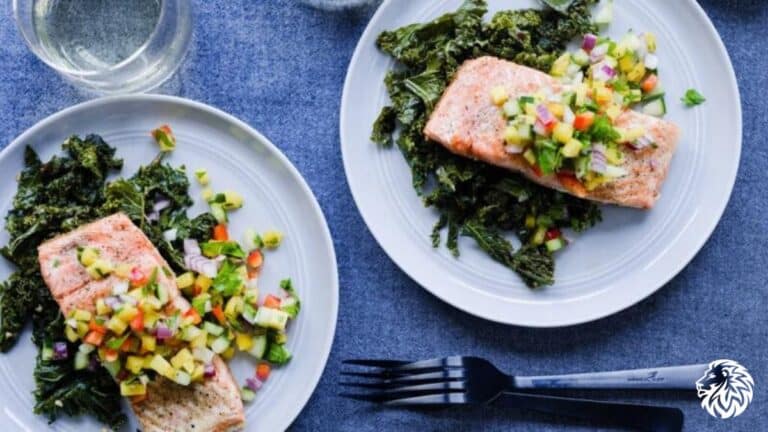A high protein diet, widely discussed and often misunderstood, is a nutritional plan that emphasizes a higher intake of proteins compared to fats and carbohydrates. This diet has gained popularity due to its potential benefits in weight management, muscle building, and overall health improvement. Protein, a crucial macronutrient, is the building block of muscles, bones, skin, and blood, and plays a key role in many bodily functions.
Despite its popularity, there are several common misconceptions surrounding high protein diets. Some people assume that such a diet is exclusively for athletes or bodybuilders, while others worry about potential health risks like kidney damage or an unbalanced nutritional intake. This article aims to demystify the high protein diet, exploring what it truly involves, its benefits, the best sources of protein, and how to implement it safely and effectively in various lifestyles.
The Basics of a High Protein Diet

Definition of a High Protein Diet
A high protein diet is one where a significant portion of the total daily calories comes from protein. While there’s no strict definition in terms of percentage, it generally means consuming more than the daily recommended protein intake for the average adult, which is typically around 10-35% of daily calories. This diet emphasizes foods rich in protein, such as meats, dairy, legumes, and seeds, while often reducing the intake of carbohydrates and fats.
The Role of Protein in the Body
Protein is more than just a dietary requirement; it’s a fundamental component of every cell in the body. It’s used to build and repair tissues, make enzymes and hormones, and is an essential building block of bones, muscles, cartilage, skin, and blood. Unlike fat and carbohydrates, the body does not store protein, making it vital to consume adequate amounts regularly to maintain health.
Comparison with Other Diet Types
Unlike low-carb or ketogenic diets, a high protein diet doesn’t strictly limit carbohydrate intake but rather focuses on increasing protein relative to other macronutrients. In comparison to vegetarian diets, which can also be high in protein, the sources of protein in a high protein diet are more diverse, including both plant-based and animal-based proteins. The key difference lies in the macronutrient composition and the emphasis on protein as the primary source of calories.
Benefits of a High Protein Diet
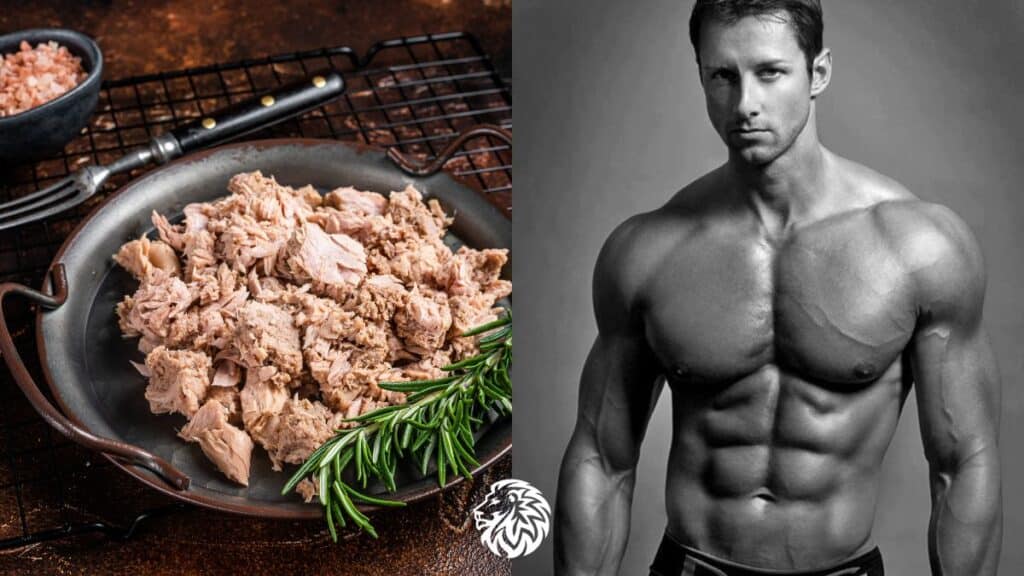
Weight Management and Satiety
High protein diets are often associated with weight loss and management. Proteins can increase feelings of fullness, reducing overall calorie intake by curbing hunger and appetite. Studies have shown that high protein intake can boost metabolism and increase the number of calories burned, aiding in fat loss while preserving muscle mass.
Muscle Building and Maintenance
Protein is fundamental for muscle building and maintenance, especially important for athletes, bodybuilders, and as people age. Adequate protein intake supports muscle growth, repairs tissue damage after exercise, and can help prevent muscle loss in older adults. This diet is crucial for anyone looking to increase muscle strength and mass.
Bone Health and Aging
Contrary to the myth that high protein intake is harmful to bones, research suggests that it can actually improve bone health. Proteins play a crucial role in maintaining bone density and strength, particularly vital as one ages and the risk for osteoporosis increases. A protein-rich diet, when combined with other key nutrients like calcium and vitamin D, can significantly bolster bone health.
Metabolic and Cardiovascular Health
High protein diets have been linked to improved metabolic health, including better blood sugar control, which is particularly beneficial for individuals with type 2 diabetes or metabolic syndrome. Moreover, some studies indicate that a balanced high protein diet can improve cardiovascular health by reducing blood pressure, LDL (bad) cholesterol, and triglycerides.
Sources of Protein

Animal-based Proteins (Meat, Fish, Dairy)
Animal-based proteins are complete proteins, meaning they contain all nine essential amino acids necessary for the human body. Meats like chicken, beef, and pork are high in protein, as are fish and seafood, which offer additional health benefits like omega-3 fatty acids. Dairy products such as milk, cheese, and yogurt are not only good protein sources but also provide calcium for bone health.
Plant-based Proteins (Legumes, Nuts, Seeds)
Plant-based proteins are an essential component of a high protein diet, especially for vegetarians and vegans. Legumes like lentils, chickpeas, and black beans, along with nuts and seeds such as almonds, walnuts, and chia seeds, are excellent protein sources. While most plant proteins are incomplete, combining different types can ensure intake of all essential amino acids.
Supplemental Proteins (Protein Powders, Bars)
For additional protein intake, especially convenient for those with a busy lifestyle or increased protein needs, supplemental proteins like powders and bars can be beneficial. Whey and casein (derived from milk) and plant-based options like pea, hemp, and rice protein powders are popular. Protein bars can also offer a quick and convenient protein boost, but it’s important to check for added sugars and fillers.
Designing a High Protein Meal Plan
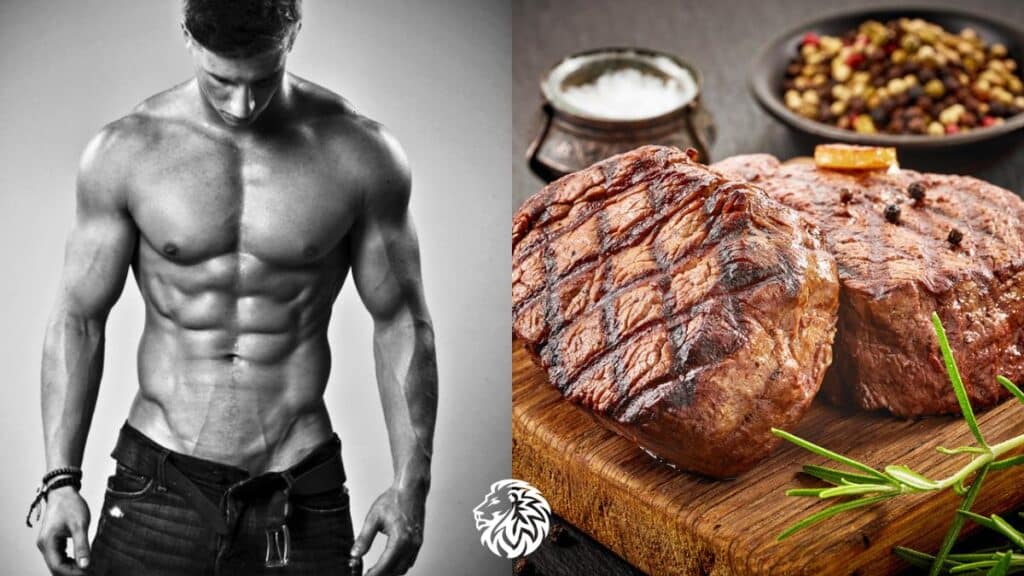
Daily Protein Requirements
The daily protein requirement varies based on factors like age, sex, weight, and activity level. Generally, it’s recommended that adults consume 0.8 grams of protein per kilogram of body weight. However, those on a high protein diet or with specific goals such as muscle building might aim for higher intakes, around 1.2 to 2.0 grams per kilogram. It’s important to tailor protein intake to individual needs and goals.
Sample Meal Plans for Different Dietary Needs
Creating meal plans that cater to various dietary preferences is key for a sustainable high protein diet. For example, a typical day might include:
- For Meat-Eaters: Grilled chicken breast, steamed vegetables, and quinoa for lunch; salmon with brown rice and broccoli for dinner.
- For Vegetarians: Tofu scramble with vegetables for breakfast; lentil soup and a quinoa salad for lunch.
- For Vegans: Smoothie with plant-based protein powder, spinach, and almond milk; stir-fried tempeh with mixed vegetables and brown rice for dinner.
Balancing Protein with Other Nutrients
While focusing on protein, it’s crucial not to neglect other nutrients. A balanced high protein diet should also include:
- Adequate carbohydrates, especially complex carbs like whole grains, for energy.
- Healthy fats from sources like avocados, nuts, and olive oil.
- A variety of fruits and vegetables to ensure a rich intake of vitamins, minerals, and fiber.
Potential Risks and Considerations

Kidney Health and High Protein Intake
While a high protein diet is generally safe for healthy individuals, it can pose risks for people with preexisting kidney conditions. Excessive protein can exacerbate kidney problems because it increases the kidneys’ workload. It is crucial for individuals with kidney disease or reduced kidney function to consult healthcare professionals before increasing their protein intake.
Protein Source Quality and Environmental Impact
The quality of protein sources is a key consideration both for health and environmental impact. Choosing lean meats, sustainably sourced fish, and organic plant-based proteins can reduce exposure to hormones and pesticides. Moreover, the environmental impact of animal-based proteins, especially red meat, is significant. Emphasizing plant-based proteins and choosing sustainably farmed or caught animal products can mitigate these environmental concerns.
Special Considerations for Certain Populations
Certain groups need to be more cautious with high protein diets:
- Pregnant Women: They require more protein for fetal development but must balance it with other nutrients and avoid high-mercury fish.
- People with Certain Health Conditions: Those with liver disease, kidney disease, or certain metabolic conditions should consult healthcare providers before adopting a high protein diet.
- Older Adults: They may benefit from higher protein intake for muscle maintenance but need to consider their overall health and kidney function.
High Protein Diet in Special Circumstances

Athletes and Bodybuilders
For athletes and bodybuilders, a high protein diet is crucial for muscle growth, repair, and recovery. They often require significantly more protein than the average adult—up to 2.0 grams per kilogram of body weight—to support intense training and muscle hypertrophy. This protein should be evenly distributed across meals and coupled with adequate carbohydrate intake for energy and recovery.
Weight Loss Regimes
In weight loss regimes, a high protein diet can be particularly effective. It helps in preserving lean muscle mass while losing fat and enhances satiety, which can reduce overall calorie intake. For those looking to lose weight, it’s important to balance high protein intake with a controlled calorie deficit and regular physical activity.
Managing Chronic Diseases
A high protein diet can also play a role in managing certain chronic diseases:
- Type 2 Diabetes: It can aid in blood sugar control and improve insulin sensitivity.
- Cardiovascular Diseases: Balancing animal and plant proteins can help manage cholesterol levels and blood pressure.
- Osteoporosis: Adequate protein is crucial for bone health, especially in older adults.
However, in all these cases, it’s essential to tailor the diet to individual health needs and consult with healthcare professionals to ensure the diet aligns with treatment plans and overall health goals.
Myths and Facts

Debunking Common Myths About High Protein Diets
- Myth: High Protein Diets Always Lead to Kidney Damage Fact: In healthy individuals, there is no evidence that a high protein diet causes kidney damage. However, those with preexisting kidney conditions should be cautious.
- Myth: A High Protein Diet is Essentially a Low-Carb Diet Fact: While some high protein diets are low in carbs, not all are. A high protein diet focuses on increasing protein intake, not necessarily drastically reducing carbs.
- Myth: Plant-Based Proteins are Incomplete and Inferior Fact: Most plant-based proteins contain all essential amino acids, and those that don’t can be easily complemented with other plant sources to form a complete protein profile.
Evidence-Based Facts
- Fact: High Protein Diets Can Aid in Weight Loss and Management Evidence: Studies have shown that high protein diets can increase satiety, reduce hunger, and boost metabolic rate, aiding in weight loss.
- Fact: Protein Needs Increase with Age and Activity Level Evidence: Aging individuals and those engaging in regular physical activity have higher protein needs for muscle maintenance and recovery.
- Fact: Balanced High Protein Diets Can Be Part of a Healthy Lifestyle Evidence: When well-planned, high protein diets can contribute to overall health, supporting muscle strength, bone health, and metabolic function.
Conclusion
Recap of the Key Points
- High Protein Diet Defined: A diet where a significant portion of daily calories comes from protein, beneficial for muscle building, weight management, and overall health.
- Diverse Protein Sources: Includes animal-based proteins like meat, fish, and dairy, plant-based proteins such as legumes and nuts, and supplemental proteins like powders and bars.
- Health Benefits: Contributes to weight management, muscle and bone health, and improved metabolic and cardiovascular health.
- Considerations and Risks: Requires careful planning, especially for individuals with kidney issues, and consideration of the environmental impact of protein sources.
- Special Circumstances: Particularly beneficial for athletes, those in weight loss regimes, and managing certain chronic diseases, with adaptations based on individual needs.
- Myths and Facts: Important to distinguish between misconceptions and evidence-based facts about high protein diets.
Final Thoughts and Recommendations
A high protein diet can be a powerful tool for improving health and well-being when implemented correctly. It’s essential to consider individual dietary needs, lifestyle factors, and any preexisting health conditions. Balancing protein intake with other nutrients and choosing high-quality protein sources are key for a holistic approach to health. As with any dietary change, consulting with healthcare professionals or nutritionists can provide personalized guidance and ensure safety and effectiveness.
References and Further Reading
- WebMD. (n.d.). High-Protein Diet: What It Is and How to Do It. Retrieved from https://www.webmd.com/diet/ss/slideshow-high-protein-diet
- Healthline. (n.d.). A High-Protein Diet Plan to Lose Weight and Improve Health. Retrieved from https://www.healthline.com/nutrition/high-protein-diet-plan
- Medical News Today. (n.d.). What to eat on a high-protein diet. Retrieved from https://www.medicalnewstoday.com/articles/321522
- Harvard Health Publishing. (n.d.). High-protein foods: The best protein sources to include in a healthy diet. Retrieved from https://www.health.harvard.edu/nutrition/high-protein-foods-the-best-protein-sources-to-include-in-a-healthy-diet
- Mayo Clinic. (n.d.). High-protein diets: Are they safe? Retrieved from https://www.mayoclinic.org/healthy-lifestyle/nutrition-and-healthy-eating/expert-answers/high-protein-diets/faq-20058207
